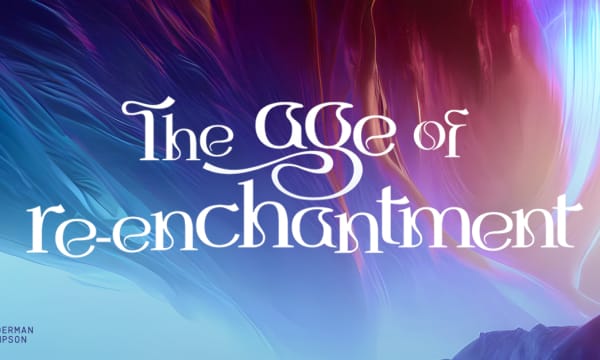Gen Z navigate concerns around privacy by erecting Chinese walls between their separate lives.
Millennials like myself think in binary terms about privacy; public or private; publish or conceal; hot or not. But, as a result of greater awareness and control, the Gen Z interpretation of privacy is more considered and more complex.
They recognise that social media is not just the domain of friends. It’s also the domain of the prying eyes of family, employers, corporations and the state. Two-thirds (64%) worry about what future employers and parents might think of their social media posts.
They combat this threat through a combination concealment and compartmentalisation. Two-thirds say they prefer to use an Avatar on social media rather than their real identity (65%). Many more are seeking safe spaces with tightly a curated and controlled community.
Where once solitude, anonymity and intimacy was in the physical world, for Gen Z, it is sought online.
Writing in a pre-Facebook era (pre-Zuckerberg era for that matter) the law professor, Alan Westin identified four categories of privacy: personal autonomy, emotional release, self-evaluation and protected communication. His was the first major contribution to the problem of consumer data privacy, but it was quickly built upon by the psychologist and writer, Daryl Pedersen.
Pedersen defines privacy as a control process on which people restrict or seek interaction. He identifies six categories of privacy behaviour: solitude, isolation, anonymity, reserve, intimacy friends and intimacy with family.
These privacy behaviours accomplish a complex array of ‘privacy functions’, vital for mental health and the contribution to families, community and society. These include contemplation, autonomy, rejuvenation, confiding, freedom, creativity, recovery, catharises and concealment.
I suspect the majority of us rarely recognise, let alone respect such needs and boundaries. But we must appreciate that certain – if not the majority of – online spaces are sacrosanct and shouldn’t be encroached upon by parents, marketers or the state.


